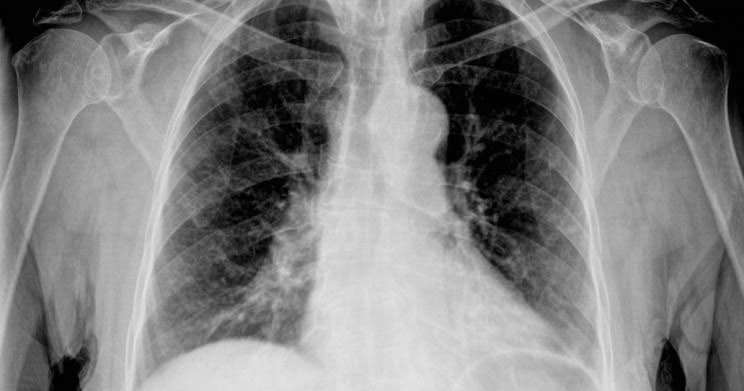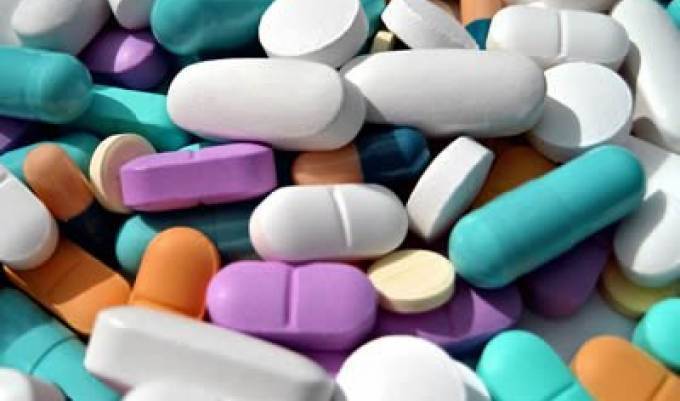Contrary to popular beliefs, some foods are not as fattening as they may seem. Here are five items you don’t have to avoid after all.
We believe certain food items have a fattening effect on us. However, various studies have found this was not the case. Here are five food items you don’t have to avoid after all.
Pistachios
Despite the high number of calories in pistachios, it is considered unlikely to cause weight gain in moderate servings. This could be attributed to the presence of both protein and fiber in the snack, as they are said to reduce spontaneous calorie intake and improve the body’s response to insulin.
“The combination of protein and fiber will help keep you feeling fuller for longer,” said Amy Gorin, MS, RDN, owner of Amy Gorin Nutrition in New York City.
Potatoes
Potatoes in the form of French fries and chips undeniably have a negative effect on your weight loss journey. But what if you change the way you consume them?
Eating plain potatoes are linked to numerous factors such as the prevention of overheating, low-calorie intake and improved blood sugar control. Lauren Ott, a dietitian from Houston, recommends sweet potatoes as well as white potatoes. While the former is higher in vitamins A and C, the latter is a source of iron and potassium, she explained.
Avocados
Besides being low in carbohydrates, avocados can provide antioxidants, vitamins, minerals, healthy fats and fiber. It has also been found to be associated with an overall better diet quality.
A study from 2016 suggested the fruit might be able to reduce total cholesterol levels by attacking the “bad” LDL cholesterol.
“Substituting dietary fats with avocados versus adding to the free diet should be the primary recommendation strategy,” the authors wrote.
Peanut butter
The “heart-healthy” monounsaturated fats in peanut butter can complement a few slices of whole wheat bread. This can help the body maintain cholesterol at healthy levels and reduce the risk of cardiac problems.
“Over the years, numerous studies have shown that people who regularly include nuts or peanut butter in their diets are less likely to develop heart disease or type 2 diabetes than those who rarely eat nuts,” said Dr. Walter Willett, Professor of Nutrition from Harvard School of Public Health.
Pasta
A new study by researchers at St. Michael’s Hospital in Toronto suggested pasta is not linked to weight gain when included in a healthy diet.
“In fact analysis actually showed a small weight loss. So contrary to concerns, perhaps pasta can be part of a healthy diet such as a low-GI diet,” said lead author Dr. John Sievenpiper, a clinician scientist at the hospital.
Under a low-GI diet, foods are chosen based on their glycemic index (GI). The index ranks carbohydrates in foods based on how they impact blood glucose levels. Foods with a low-GI value, such as pasta, are considered “good carbs” since the body digests and absorbs them at a slower pace, avoiding spikes in blood sugar levels.
But skepticism may be valid until further research is conducted. For instance, dietitian Haley Hughes (who is not associated with the pasta study) stated the portion size is what drove weight loss rather than the food itself.
“Three servings of a half cup of pasta a week is a very controlled portion size and typically, the average American has much more than that,” Hughes commented.
















